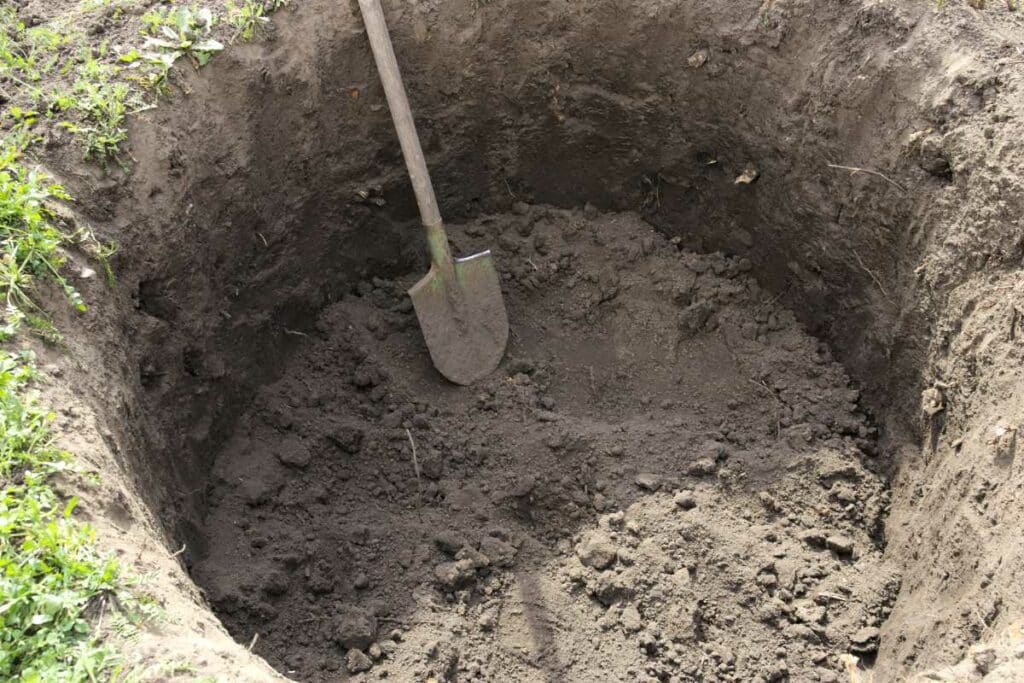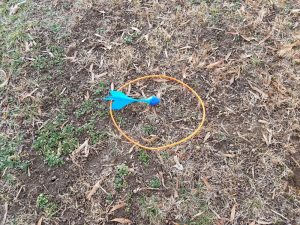When it comes to selecting the perfect location for your fire pit, prioritizing safety is of utmost importance.
The placement of your fire pit not only enhances your outdoor living area but also sets the stage for unforgettable gatherings and moments of relaxation.
From considering your proximity to gathering areas to taking into account wind patterns and breathtaking views, finding the ideal spot for your fire pit is crucial in creating a captivating outdoor sanctuary.
Choosing where to a put fire pit is so important.
First thing first, you will need to decide whether you fancy the good ol’ rustic charm of a wood-burning fire pit or the convenience and ease of a gas-powered one.
This decision is going to have an impact on the design and construction needs. Just remember, most fire pits, especially them wood-fired beauties, are meant for outdoor use only. Keep them away from enclosed spaces like garages or sheds.
Read our complete guide to fire pits here: Fire Pit 101
Look for a nice, flat surface to place the fire pit. And make sure it’s close to your gathering area for easy access. You don’t want to be lugging those marshmallows too far.
Give some thought to the overall look and function of the outdoor space. Consider how the wind patterns blow. Then position that fire pit so the smoke is blown away from the seating area.
And if you plan on setting a wood-burning fire pit on wooden decks, flagstones, or pavers, be smart and use a heat deflector under it to radiate the heat away. We don’t want to scorch the precious materials.

Keep the fire feature a safe distance from trees, shrubs, windows, and the air conditioner vents. This way you can prevent smoke from creeping into your house. And tidy up the area around the fire pit of any flammable liquids or items.
Now, if you’re planning to install a fire pit under a covered patio or pergola, I reckon it’s best to go with a gas-fired option.
But don’t forget to give it enough clearance from the overhead cover or framework materials.
If you go for natural gas, choose a spot where you can hide the gas lines. Bury them nice and deep with a gas riser about 10 inches above the ground from the line.
And don’t forget to slap on an external gas valve for an easy shutdown. But it’s best to bring in a licensed contractor for any gas installs.
You may also like ?
-
10 Best Vegetables To Grow In The Winter
-
How To Heat Greenhouse In Winter (6 Proven Methods)
-
Lavender In Winter Guide (What To Expect)
-
Guide To Desert Plants: Types, Adaptations, And Landscaping Tips
-
Philodendron Care, Varieties, And Aesthetic Home Arrangements
-
Potato Bugs: Identification, Impact, And Control
Stay away from soggy areas. We want a dry ground for our fire pit. And make sure to set up proper drainage to shed water away from that fiery feature of yours.
The air vents near the base of the fire pit need some breathing room, too. Don’t block them or else the fire won’t get enough oxygen, creating a smoky mess. Even if you’re going with gas, remember proper ventilation is key, especially with propane.
Let’s wrap this up ?
By considering these factors and adhering to safety guidelines, you can confidently select the optimal location for your fire pit, ensuring a harmonious blend of functionality, comfort, and enjoyment in your outdoor space.






